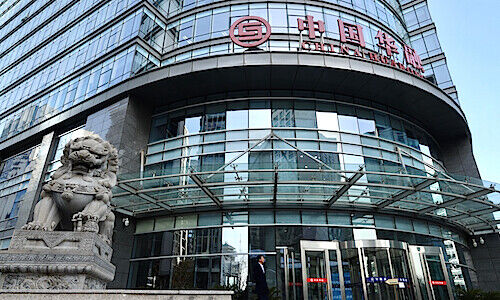Huarong: Chinese Credit Disaster Averted?
China’s financial regulators came out to inspire calm after bad debt manager Huarong's delayed release of its annual report sent ripples into the broader Asian credit markets. finews.asia reviews the developments.
State-owned bad debt manager China Huarong Asset Management’s operations are normal and the firm has ample liquidity, according to a statement from the China Banking and Insurance Regulatory Commission which said cooperation was underway with its auditor to complete its annual report as soon as possible.
Huarong failed to publish its 2020 results by the March 31 deadline and trading of its stock in Hong Kong has been suspended since April 1.
This triggered a sell-off of its bonds which shook the broader Asian credit market over concerns about potentially excessive leverage by other borrowers in the region.
Huarong Under Lai Xiaomin
Huarong under ex-chairman Lai Xiaomin's leadership between 2012 and 2018 expanded significantly beyond its original mandate of bad debt disposal into areas like securities trading and trusts.
A separate «Bloomberg» report citing unnamed sources claimed that Huarong issued loans directly approved by Lai with limited oversight from his board or risk management committees.
Money even flowed to projects disguised as part of China’s Belt and Road Initiative – the country’s push to build railroads, ports and other infrastructure worldwide, the report added.
Death Sentence
But Lai’s fate – and that of Huarong’s – took a sharp turn when a Tianjin court issued a death sentence over 1.79 billion yuan ($277 million) in received bribes, collusion to embezzle 25.1 million yuan ($3.9 million) of public funds and bigamy.
Lai’s assets were subsequently seized and he was executed just 24 days later on January 29 this year.
Post-Lai Huarong
- Page 1 of 2
- Next >>






















